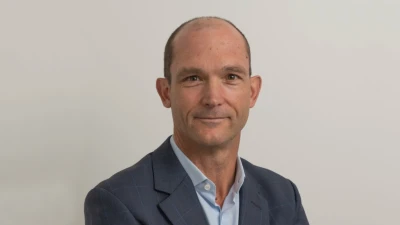Paraplanners reluctant to progress to adviser status



Just 21 per cent of paraplanners hope to become a financial adviser, demonstrating the overwhelming majority who are satisfied with their current position.
The 2023 Australian Paraplanner Survey, produced by the Paraplanner Hub and support service platform Tanngo, has revealed key trends in the paraplanning space.
Within a financial advice firm, paraplanners’ broad range of responsibilities include writing advice documents, conducting research, modelling and projections, data entry and software configuration.
Interestingly, nearly 80 per cent of the 210 respondents indicated they have no plans to progress into becoming a financial adviser.
The reasons behind this include it being too compliance heavy and high-risk, preferences to not be client facing, not wanting the sales pressure, lack of support, education requirements and enjoying their current work/life balance.
“Traditionally, we have seen paraplanning being the stepping stone to advising, and in years gone by this may be the case,” Melanie Drago, founder of Tanngo, told Money Management.
“However we are now seeing the emergence of career paraplanners, who are quite happy sitting in the background, crunching numbers and supporting the delivery of advice.”
The founder added that this statistic is slightly alarming for the future of the profession as adviser numbers remain low and client demand grows stronger.
“The industry needs to make a concerted effort to encourage new advisers to enter the industry and/or start changing the perceptions of paraplanners that advising is not for them.
“Maybe there needs to be more coaching and mentoring for paraplanners to help them make the next step – and give them the confidence they need to see they may make great advisers,” she remarked.
Moreover, reconsidering the education requirements potentially limiting paraplanners who have completed tertiary studies may be another important step.
Over 50 per cent of participants expressed intentions to undertake further training in the future, such as industry-related further education, specialist industry courses and software training.
The survey also showed the typical full-time employed annual salary for paraplanners across the various states.
Paraplanners in NSW have the highest salary, ranging from $101,000 to $120,000, with 10 per cent of NSW paraplanners having salaries above $120,000.
Victoria followed with average paraplanning salaries between $86,000 and $100,000. A majority of Queesland’s paraplanners also fell within this range.
Looking at experience, four in 10 paraplanners have 16 or more years of industry experience, while 31 per cent have four to eight years of paraplanning experience.
Previously speaking to Money Management, Hayley Knight, director of Contract Paraplanning Services, observed the incorrect assumption that paraplanners are less qualified than their financial adviser counterparts.
“This misconception often arises due to lack of understanding of the role and the lack of formal education requirements for paraplanners.
“They have the same technical knowledge as the adviser, yet also have an in-depth understanding of the CRM and back-office processes,” Knight said.
Recommended for you
Two commentators have shared why the inclusion of alternatives in a diversified portfolio shouldn’t be a simple switch with a traditional asset and will depend heavily on clients’ objectives.
Morgans chief executive, John Clifford, has announced he will step down from the wealth management group after eight years leading the business.
Funds under administration on the BT Panorama platform have passed $120 billion in the last six months as it progresses its migration of Asgard into the platform.
Private markets may be the hot topic of the day but two financial advisers have shared the red flags to consider and why advisers shouldn’t be tempted to invest solely in the pursuit of higher returns.















